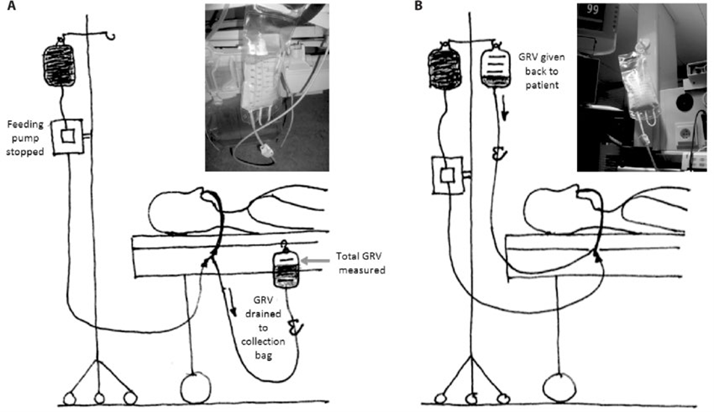A hospice nurse is visiting a client who has terminal cancer. Which of the following statements by the client's partner should the nurse recognize as an indication of anticipatory grief?
"I miss him so much already."
"I am so angry that this is happening to us."
"We are planning a trip for next spring."
"We haven't discussed funeral arrangements."
The Correct Answer is A
When a hospice nurse is visiting a client who has terminal cancer, the statement "I miss him so much already" by the client's partner should be recognized as an indication of anticipatory grief. Anticipatory grief is the grief that occurs before a loss and can include feelings of sadness, longing, and missing the person who is dying.
Option b is incorrect because anger is a common emotion during the grieving process but does not necessarily indicate anticipatory grief.
Option c is incorrect because planning for the future does not necessarily indicate anticipatory grief.
Option d is incorrect because not discussing funeral arrangements does not necessarily indicate anticipatory grief.
Nursing Test Bank
Naxlex Comprehensive Predictor Exams
Related Questions
Correct Answer is D
Explanation
A. Palpate the abdomen: Palpating the abdomen before auscultating bowel sounds could potentially alter the findings by stimulating peristalsis or causing discomfort in the client, particularly in cases of appendicitis or other acute abdominal conditions.
B. Administer an antiemetic:A thorough assessment, including auscultation of bowel sounds, is needed first to rule out conditions like a bowel obstruction or paralytic ileus where antiemetics may be contraindicated.
C. Offer pain medication:Pain medication can mask symptoms and interfere with the nurse's or physician's ability to accurately assess the underlying cause of the client's symptoms, such as appendicitis.
D. Auscultate bowel sounds:Auscultating bowel sounds is the first action the nurse should take because it is a non-invasive assessment that can provide critical information. It helps determine if bowel sounds are present, hyperactive, hypoactive, or absent, which can guide further interventions and diagnostic steps.
Correct Answer is B
Explanation
Before administering enteral feedings via an NG tube, the nurse should check for gastric residual volume to ensure that the client is able to tolerate the feeding. If the residual volume is high, it may indicate delayed gastric emptying and the feeding may need to be delayed or the rate adjusted.
a. Encouraging the client to take sips of water may help maintain hydration, but it is not necessary prior to administering enteral feedings.
c. Flushing the tube with sterile 0.9% sodium chloride irrigation can help maintain patency of the tube, but it is not necessary prior to administering enteral feedings.
d. Encouraging the client to breathe deeply and cough can help clear secretions from the lungs, but it is not necessary prior to administering enteral feedings.

Whether you are a student looking to ace your exams or a practicing nurse seeking to enhance your expertise , our nursing education contents will empower you with the confidence and competence to make a difference in the lives of patients and become a respected leader in the healthcare field.
Visit Naxlex, invest in your future and unlock endless possibilities with our unparalleled nursing education contents today
Report Wrong Answer on the Current Question
Do you disagree with the answer? If yes, what is your expected answer? Explain.
Kindly be descriptive with the issue you are facing.
